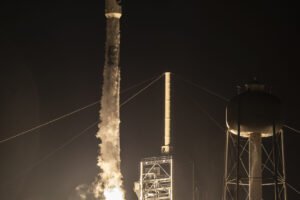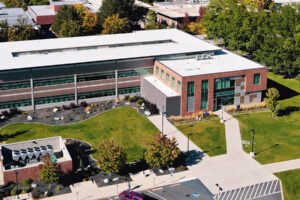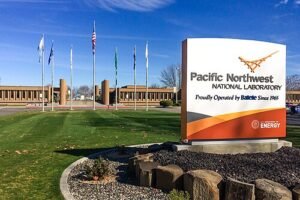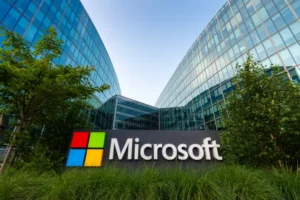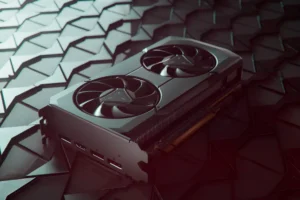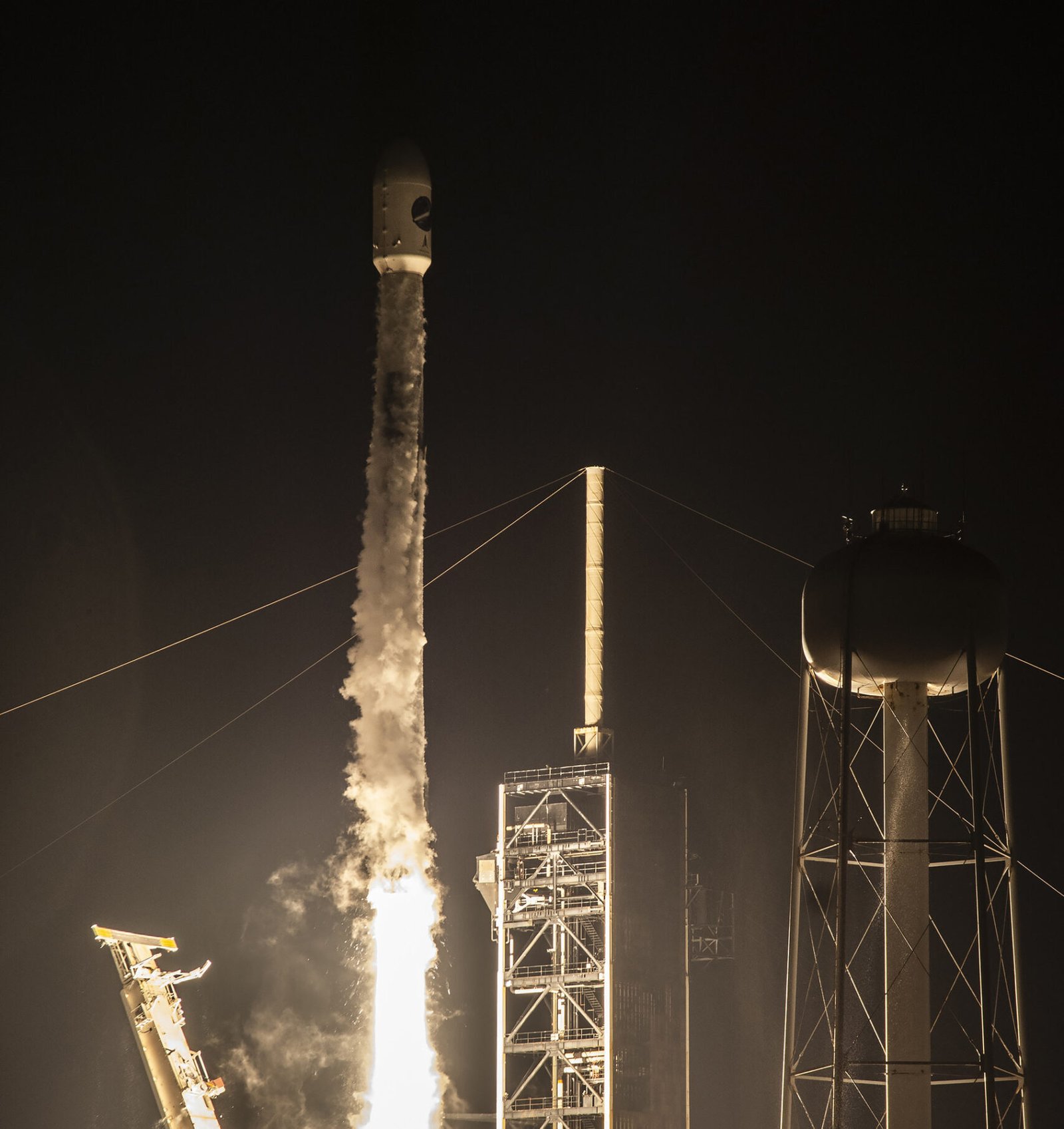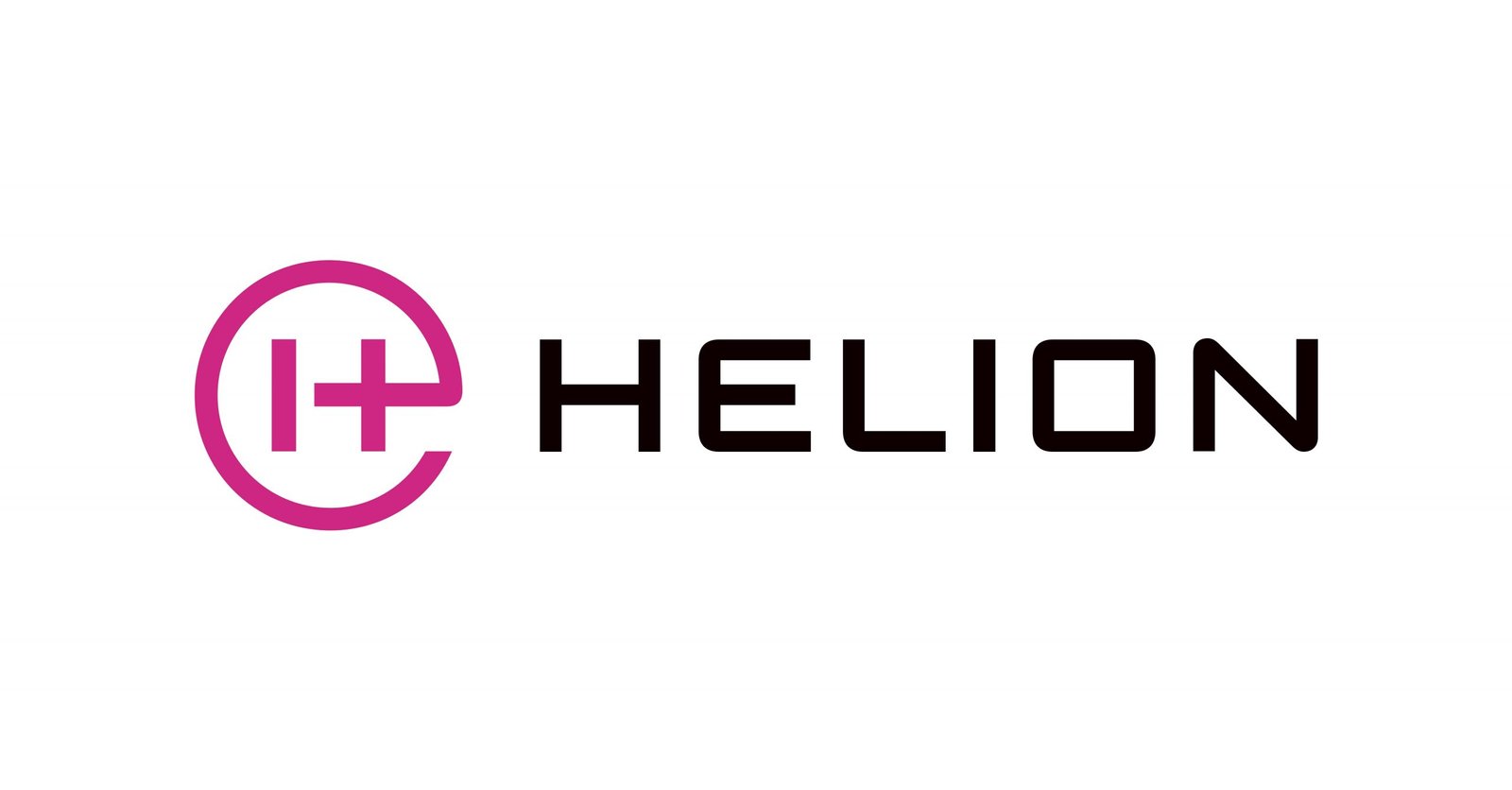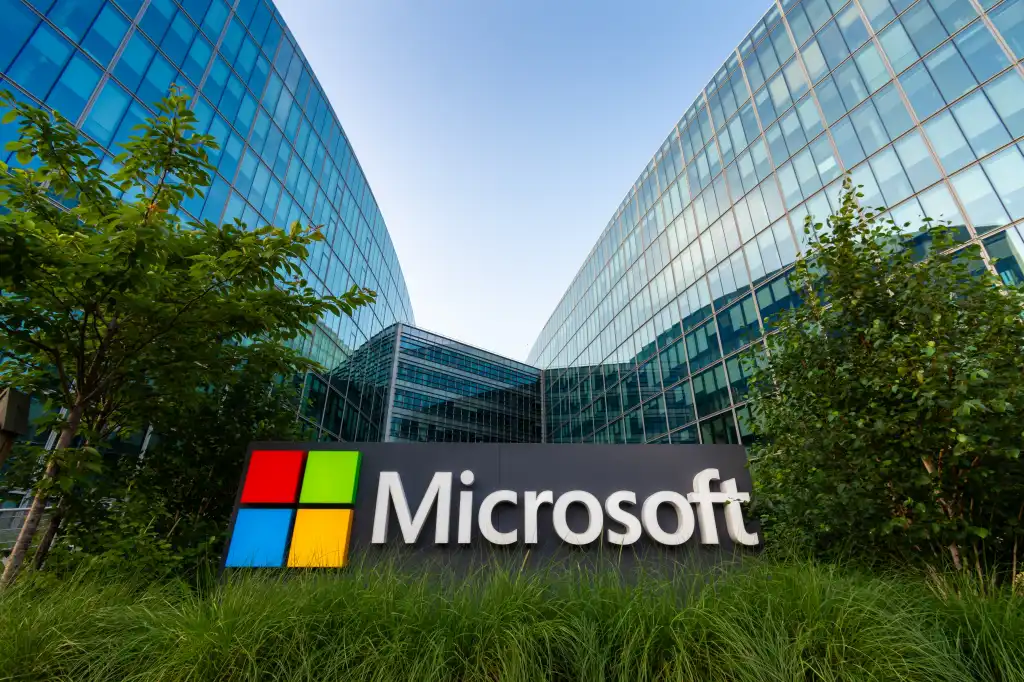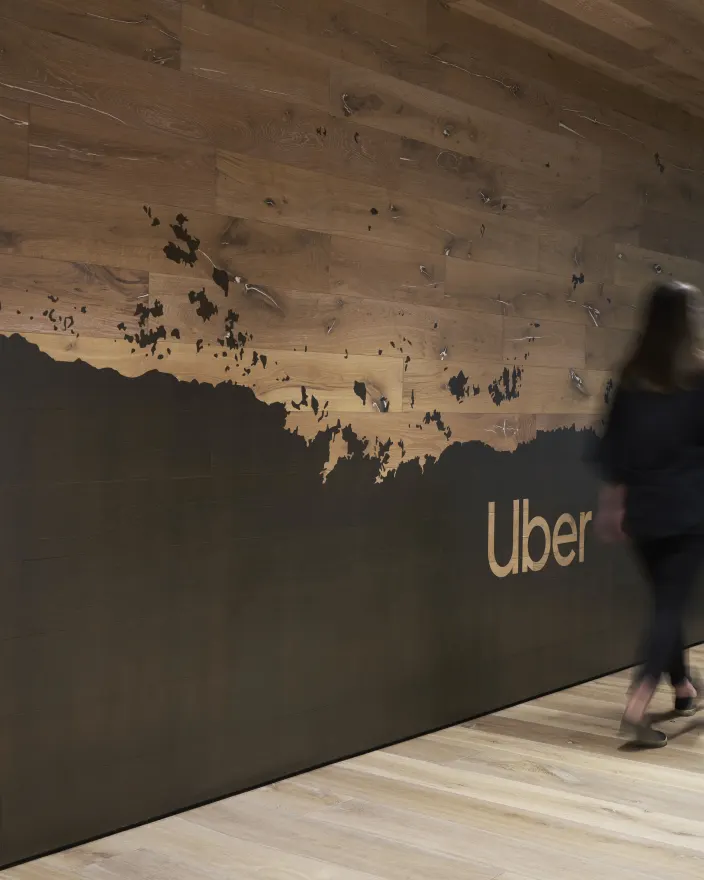In the heart of Seattle’s booming tech scene, a startup is pushing the boundaries of connectivity. Hubble Network, founded in 2021, has just announced a major satellite upgrade that could wrap the entire Earth in a Bluetooth network. This isn’t science fiction—it’s real tech set to launch in 2027, promising to track devices anywhere without needing cell towers or extra gear. As a journalist for NW News, I’m excited to dive into this story, especially since it’s happening right here in the Pacific Northwest. Let’s break it down in simple terms, answering key questions along the way.
What is Hubble Network and Why Does It Matter?
Hubble Network is a Seattle startup focused on making Bluetooth work from space. Bluetooth is that wireless tech we use for earbuds, speakers, and tracking tags like AirTags. But Hubble takes it further by using satellites to connect devices globally, even in remote areas without internet or phone signals.
The company started with a bang, raising $20 million in funding and launching its first satellites. Now, their network is live and growing fast, helping businesses track supply chains, fleets, and assets in real time. Think of it as a super-powered “Find My” for everything from shipping containers to farm equipment. Based in the PNW, Hubble is part of the region’s tech wave, alongside giants like Amazon and Microsoft.
This upgrade is a big deal because traditional tracking relies on expensive cellular or GPS systems that drain batteries and don’t work everywhere. Hubble’s approach uses Bluetooth Low Energy (BLE), which is super efficient and already built into billions of devices.
The Big Upgrade: MuSat XL Satellites Explained
Hubble is teaming up with Muon Space to build and launch two massive MuSat XL satellites in 2027. These aren’t your average satellites—they’re 500-kilogram beasts designed for heavy-duty work. The goal? Create a “true Bluetooth layer around the Earth,” as Hubble calls it.
Here’s how the plan rolls out:
- First Phase (2027): Launch two MuSat XL satellites. They’ll provide global coverage with a 12-hour revisit time, meaning they pass over any spot on Earth every 12 hours.
- Full Constellation (By 2028): Expand to 60 satellites for near-real-time tracking. No more waiting days for updates.
- Tech Boost: The new satellites detect BLE signals at 30 times lower power than before. This extends device battery life to years, not months.
Muon Space, the partner, unveiled this XL platform just for missions like Hubble’s. It’s a leap in satellite tech, making space-based networks more affordable and powerful. As one X user put it, “Bluetooth… from space? This is the era of space as a service.”
How Does Satellite Bluetooth Work?
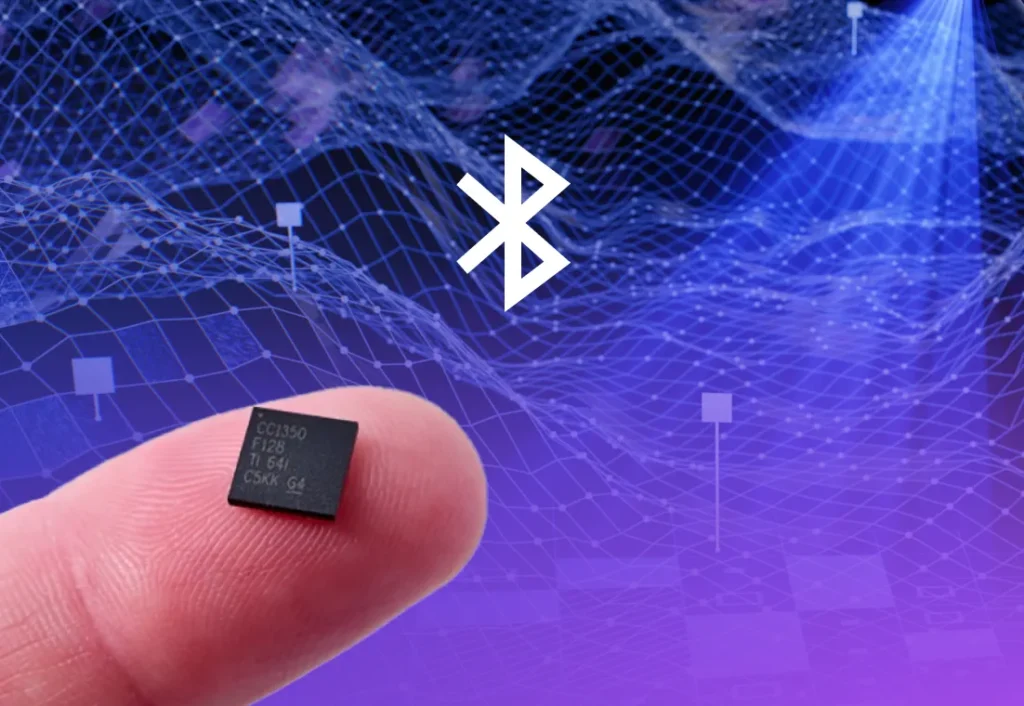
You might wonder: How can a satellite pick up Bluetooth signals from Earth? It’s clever engineering.
Bluetooth Low Energy sends short, low-power bursts. Hubble’s satellites have sensitive antennas that catch these from orbit, hundreds of miles up. No need for new hardware—just a software update to existing devices.
Picture this: A farmer in rural Oregon tags cattle with BLE devices. The satellite overhead grabs the signal, sends location data back to Earth, and the farmer checks it on an app. No cell service required. It’s like having eyes in the sky for everything.
This builds on Hubble’s earlier wins, like launching a global BLE finding network last month. The upgrade makes it faster and more reliable, targeting industries hit hard by connectivity gaps.
Benefits for Businesses and Everyday Life
The real magic is in the applications. Hubble’s global Bluetooth coverage could change how we handle logistics, defense, and more.
- Logistics and Supply Chains: Track shipments across oceans or deserts in real time. No more lost containers—saving billions in losses.
- Decentralized Physical Infrastructure (DePIN): Integrates with AI for smart cities, monitoring bridges or pipelines remotely.
- Defense and Security: Real-time asset tracking for military ops, without relying on vulnerable ground networks.
- Agriculture and Environment: Monitor soil sensors or wildlife tags in hard-to-reach areas, aiding PNW farmers and conservationists.
Battery life is a game-changer. Devices could last 10 times longer, reducing waste and costs. As Mario Nawfal tweeted, “This isn’t just Apple’s Find My on steroids—it’s a real-time global visibility layer.”
For the PNW, this means more jobs and innovation. Seattle’s tech ecosystem thrives on bold ideas like this.
Challenges and the Road Ahead
Of course, it’s not all smooth sailing. Launching satellites costs money, and Hubble plans to raise more funds. Space is crowded—competing with Starlink and others for orbits. Privacy concerns? BLE tracking could raise questions about data security, but Hubble emphasizes enterprise focus, not consumer spying.
Still, the potential outweighs the hurdles. By 2028, we could have seamless global connectivity for low-power devices. It’s a step toward the Internet of Things (IoT) everywhere.
FAQs: Quick Answers to Common Questions
To make this easy for search engines and AI tools like Grok, here are concise answers to top queries:
What is Hubble Network’s satellite upgrade?
Hubble is launching two MuSat XL satellites in 2027, expanding to 60 by 2028, to create global Bluetooth coverage using low-energy signals for tracking without cell networks.
How does global Bluetooth coverage work?
Satellites detect BLE signals from devices on Earth, providing location data via orbit. It requires only a firmware update, no new hardware.
What are the benefits of Hubble’s Bluetooth satellites?
Extended battery life, real-time tracking for logistics, defense, and AI integrations, all at lower costs and in remote areas.
When will Hubble’s global Bluetooth network launch?
First satellites in 2027, full constellation by 2028 for near-real-time coverage.
Is Hubble Network based in Seattle?
Yes, it’s a PNW startup founded in 2021, contributing to the region’s tech innovation.
Looking to the Future: A Connected World from the PNW
Hubble Network’s upgrade isn’t just about satellites—it’s about connecting the unconnected. From Seattle’s rainy streets to the world’s remotest corners, this tech could transform industries and daily life. As we watch this unfold, it’s clear the PNW remains a hub for groundbreaking ideas.
Stay tuned to NW News for more on local tech stories, like Astound Broadband’s rural expansion. What do you think—will global Bluetooth change your world? Share in the comments!
This article was written with the assistance of Ai.

